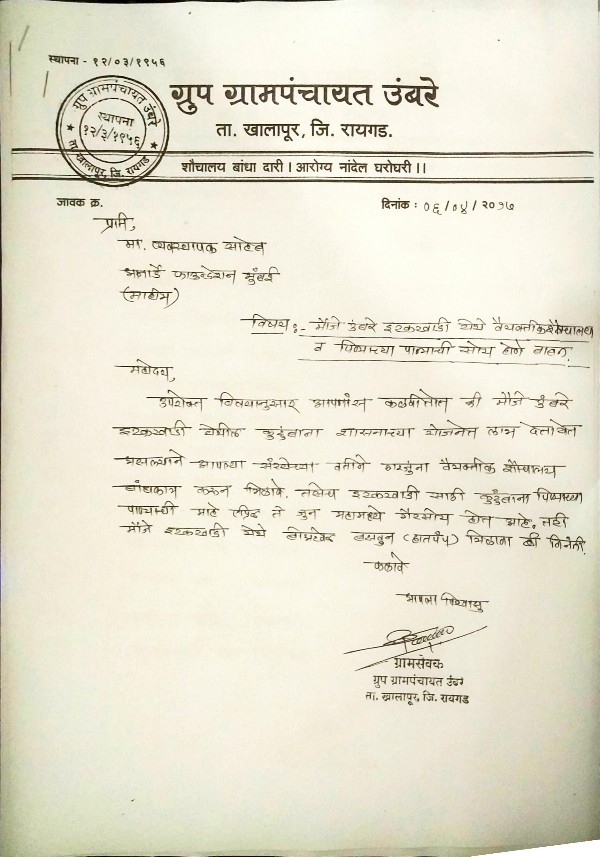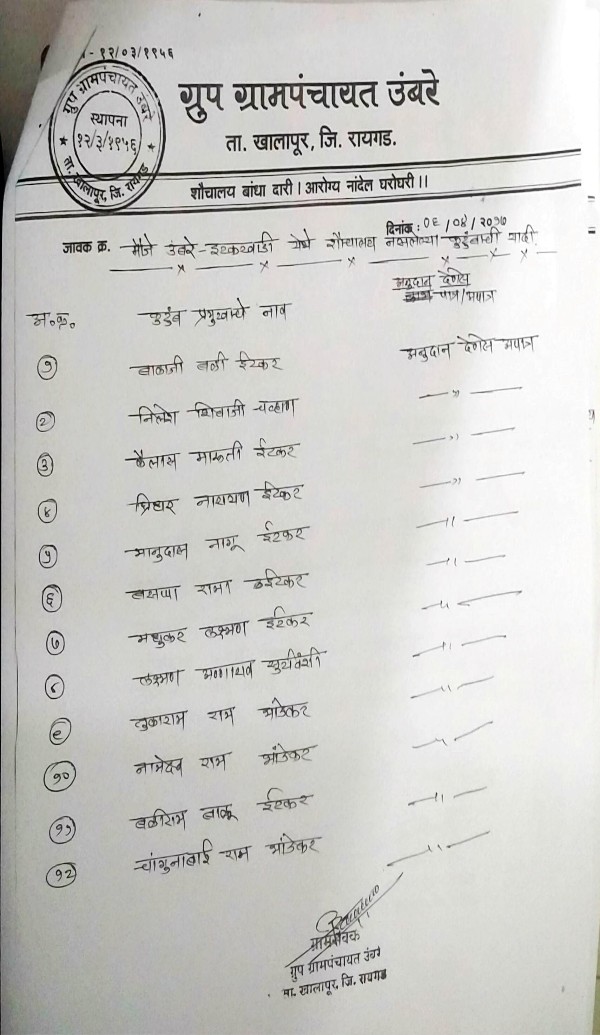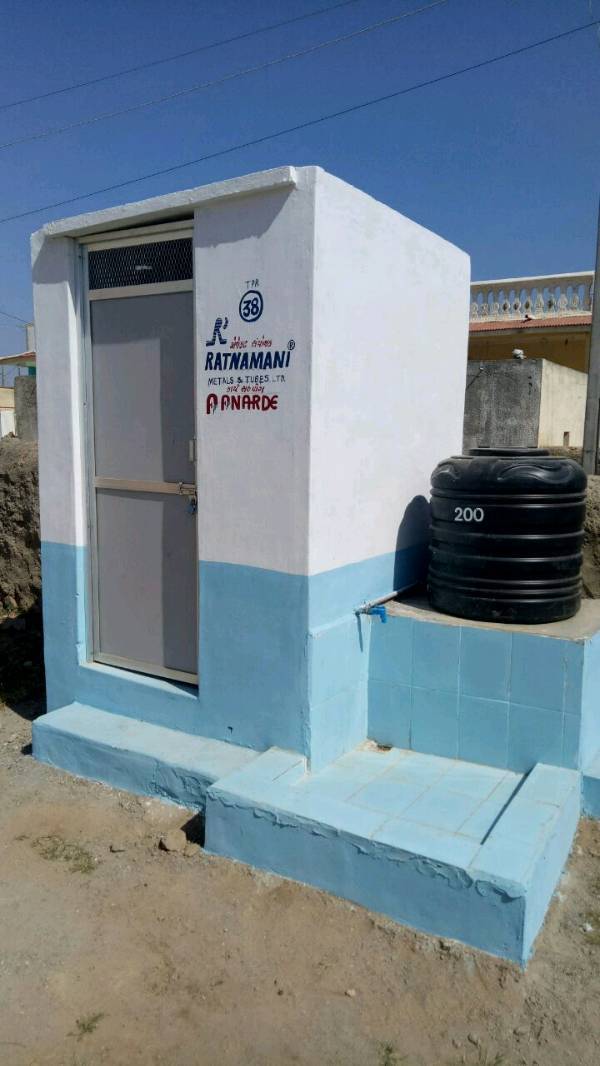Going to the toilet precisely when you want is not just a basic requirement of your body, but also your human right. However, 60% of the Indians do not have access to toilets, they still have to relieve themselves in open.
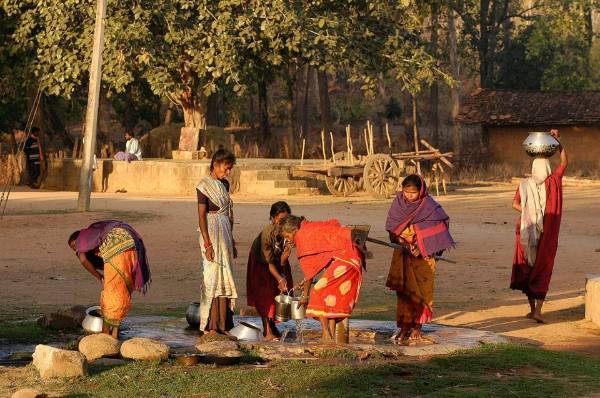
Consider the shame and vulnerability that 1.2 billion people experience every day when, they are compelled to defecate in the open, in a plastic bag or in a bucket.
buy singulair online https://www.epsa-online.org/wp-content/languages/new/prescription/singulair.html no prescription
The lack of toilets in India have devastating impact on females. Majority of them do not have access to a toilet in rural India. Now that they cannot go in the broad daylight, they control their urge till it’s dark. Things become worse during their periods as finding a safe place in the open area is not only undignified but also risky.
Besides, stigma surrounding menstruation do not let these females seek the help they need. Just imagine having periods without toilets, well, our nightmare is a reality for millions of women across India which includes even pregnant women. Just imagine the plight of these pregnant women who have to walk metres and metres to find a safe place to defecate.
They suffer even giving birth as they continue to menstruate for a month after childbirth.
In addition, lack of access to private, accessible and safe sanitation facilities also undermine the rights of senior citizens, people with disabilities, transgender along with gender nonconforming individuals.
buy temovate online https://www.epsa-online.org/wp-content/languages/new/prescription/temovate.html no prescription
Lack of proper sanitation is not just an affront to an individual’s rights and dignity, but it also endangers the rights to the achievable standard of health. It also imperils safe drinking water because of the contaminating nature of human feces. Open defecation is also linked to stunting, malnutrition, air-borne and waterborne diseases among several negative impacts.
Now though the government of India and Prime Minister have both pledged to make India free from open-defecation by 2019, things look rather bleak. The reason? Well, though the government has a very useful subsidy scheme of Rs 12,000 for Individual Household Latrine (IHHL), as per the Gram Panchayat, they can’t avail subsidy for families who have shifted post 2011-12 census.
This is the current reality of Umbare Village near Khalapur, Maharashtra just 70 km from Mumbai.
12 families who shifted to Umbare Village post 2011-12 census with annual salary of not more than Rs. 60,000 per household of 7-10 members, the current situation is appalling.
This is the reason why Nationalviews.
com with Anarde (a foundation with long experience in rural India development and now from the past 5 years empanelled to carry out CSR activities by the GoI in the sanitation and drinking water sector) aligned together to build sustainable and functional toilets in accordance with WHO guidelines for these 12 low income household in Umbare village.
Each of the 12 toilets will have water storage facility, 2 taps – inside and outside, 2 feet inner tiling, twin soak pits and Chowkdi i.e. proper washing area attached to the toilet. The cost of each toilet is Rs. 22,000. So, the total cost for the entire project sums up to Rs. 2,64,000.
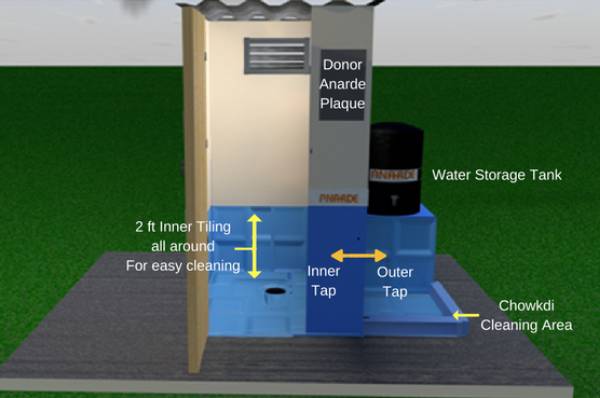
The team has already build low-cost sanitation and water solution in the past as per the World Health Organization guidelines.
Here’s the Toilets implemented in Mehsana, Gujarat.
Watch the Video
Join them in the campaign, contribute to help the members of the 12 household by donating now on Milaap and sharing the cause forward to other potential contributors.
Your support will not all give these families a better sanitation facility but also a chance to lead a better life!

